Name
|
Description of all oil
|
Pictures of each oil |
|
Almond |
Nut oils are best used in cold dishes; heat destroys their delicate flavor. |
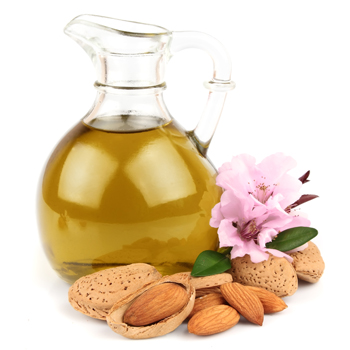 |
|
Avocado |
This rather unusual light, slightly nutty tasting oil is considered primarily to be a novelty. To add a different twist to salad dressings, try using avocado oil in place of the oil you would normally use. This oil is often made from damaged and cosmetically inferior avocados. It is low in saturated fatty acids and high in polyunsaturates. |
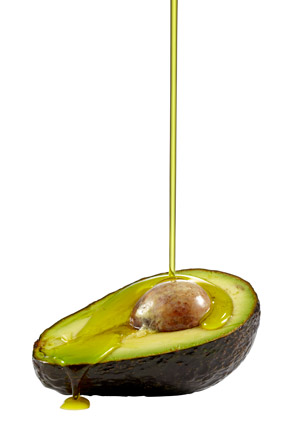 |
|
Butter, whole or clarified |
This the preferred fat for baking as it adds the most flavour. It's not idea for frying since it will burn at a lower temperature than most oils, but can be used for sauteing. Try adding butter to oil for the flavor benefit of butter and the higher temperature range of oil. |
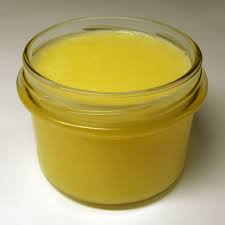 |
|
Canola (rapeseed oil) |
A light, golden-colored oil, similar to safflower oil. Low in saturated fat. Extracted from the seeds of a plant in the turnip family (the same plant as the vegetable broccoli rabe). Used in salads and cooking, mostly in the Mediterranean region and India; also used in margarine and blended vegetable oils. It has a mild flavor and aroma. It is most commonly available in a refined form. Its mild flavor and relatively high smoke point make refined canola oil a good all-purpose oil. Of all the oils, it has the least amount of saturated fat and is one of the least expensive. |
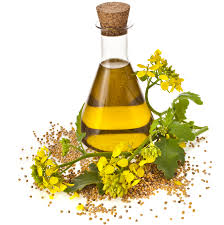 |
|
Corn oil |
Made from the germ of the corn kernel. Corn oil is almost tasteless and is excellent for cooking because it can withstand high temperatures without smoking. It is high in polyunsaturated fat and is used to make margarine, salad dressings and mayonnaise. |
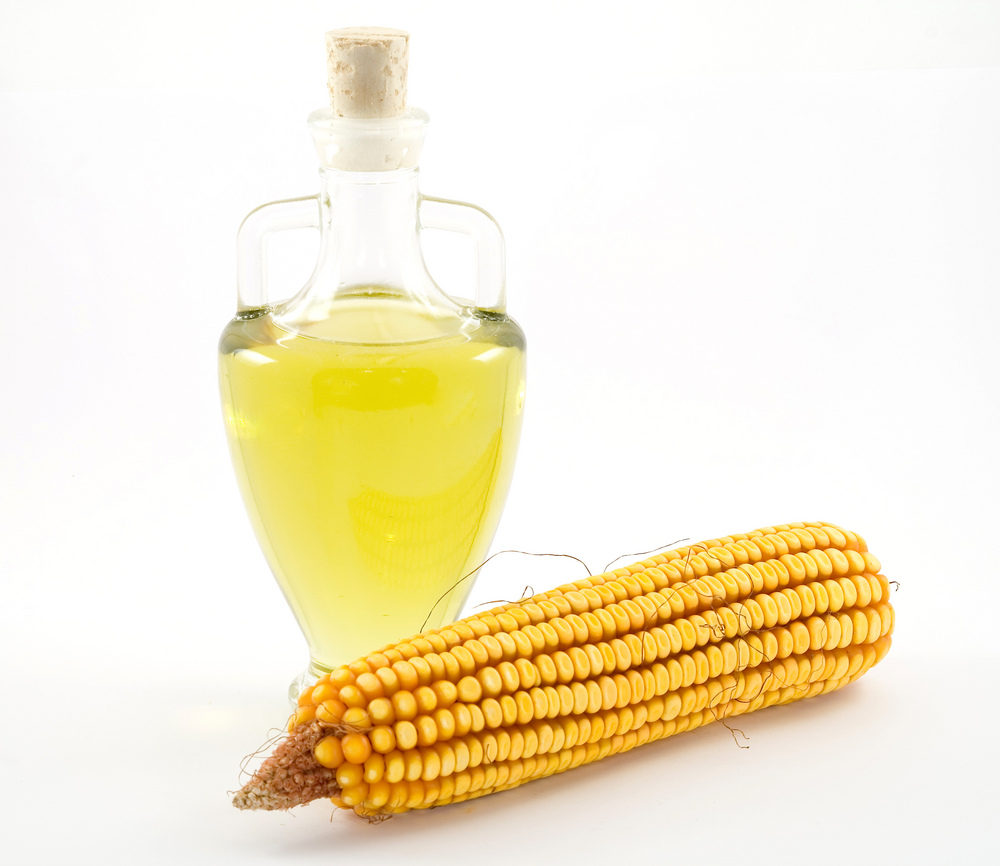 |
|
Grape Seed |
This light, medium-yellow, aromatic oil is a by-product of wine making. It is used in salads and some cooking and in the manufacture of margarine. |
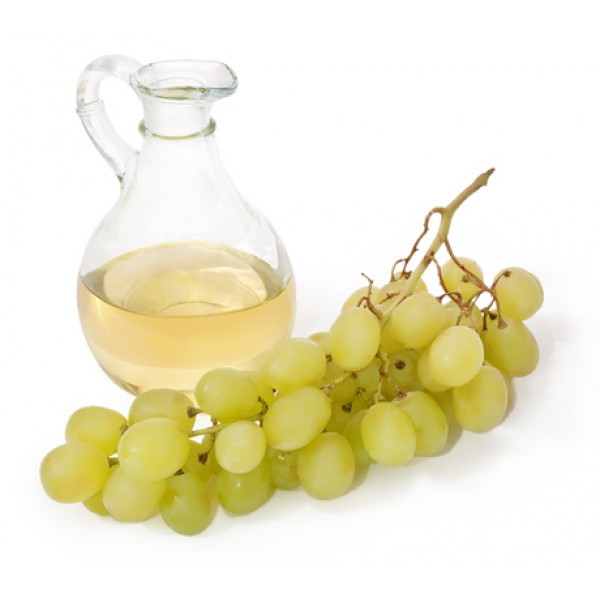 |
|
Olive |
A monosaturated oil extracted from tree-ripened olives. Olive oils range from light amber to green in color and bland to extremely strong in flavor. Olive oil is graded according to its degree of acidity and the process used to extract the oil. |
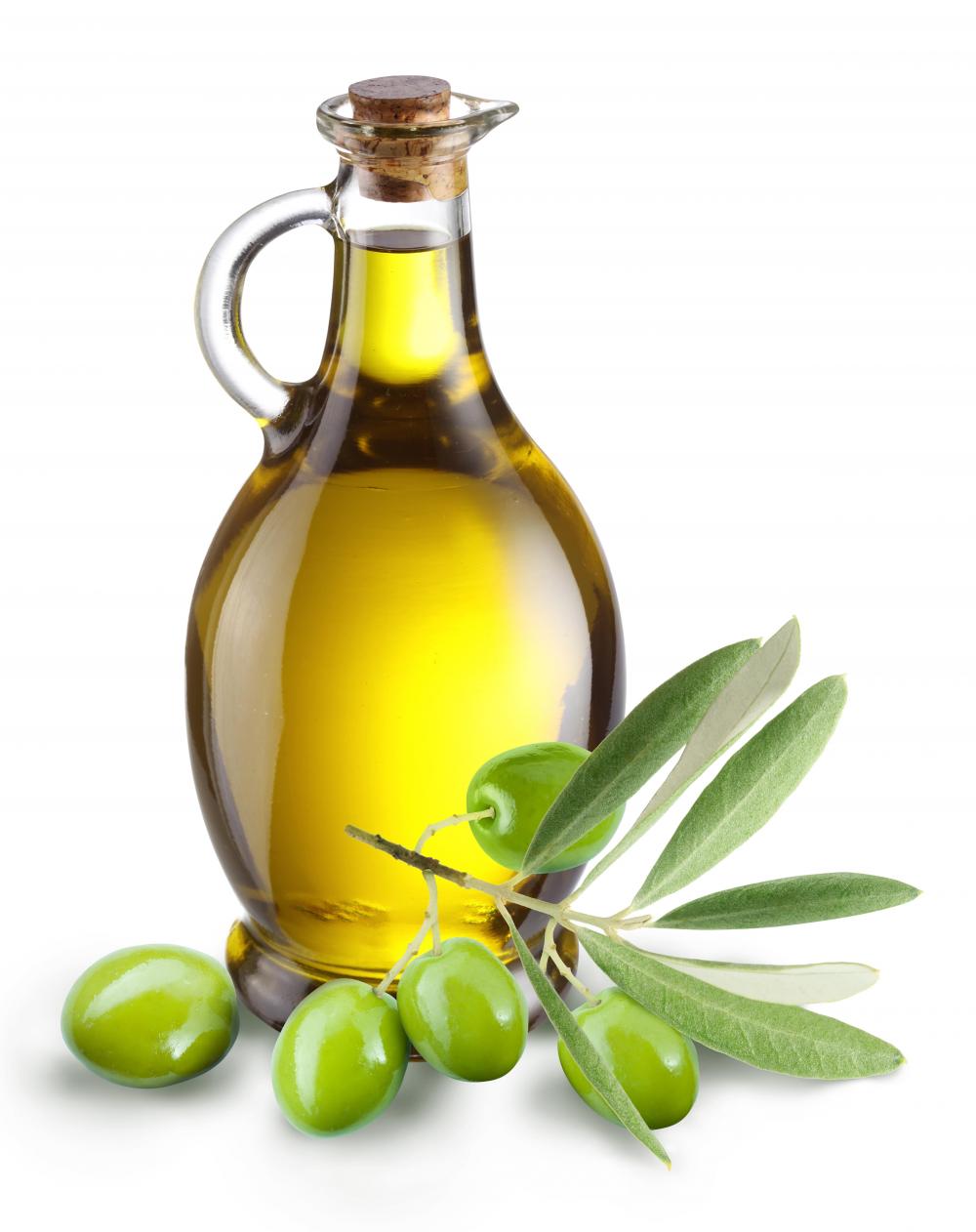 |
|
Peanut |
Made from pressed, steam-cooked peanuts. Peanut oil has a bland flavor and is good for cooking because it doesn't absorb or transfer flavors.. Its smoking point is slightly lower than corn or safflower oil |
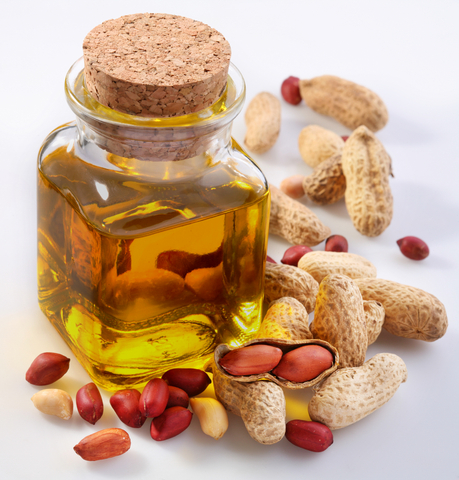 |
|
Sesame |
Made from pressed sesame seeds. Sesame oil comes in two varieties: light (made with untoasted sesames) and dark (made with toasted sesames). Light sesame oil has a nutty flavor and is especially good for frying. Dark sesame oil (Asian) has a stronger flavor and should only be used in small quantities for flavoring foods -- not cooking. Both varieties are high in polyunsaturated fat. |
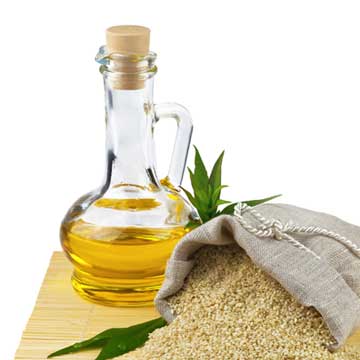 |
|
Soybean |
Highly refined soy oil is reasonably priced, very mild and versatile, accounting for over 80% of all oil used in commercial food production in the U.S. Almost any product that lists vegetable oil as an ingredient probably contains refined soy oil. This is a good all-purpose oil that is also used in cakes and pastries |
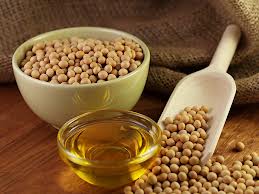 |
|
Sunflower, High Oleic |
Made from sunflower seeds. Sunflower oil is pale yellow and has a bland flavor. It is a good all-purpose oil |
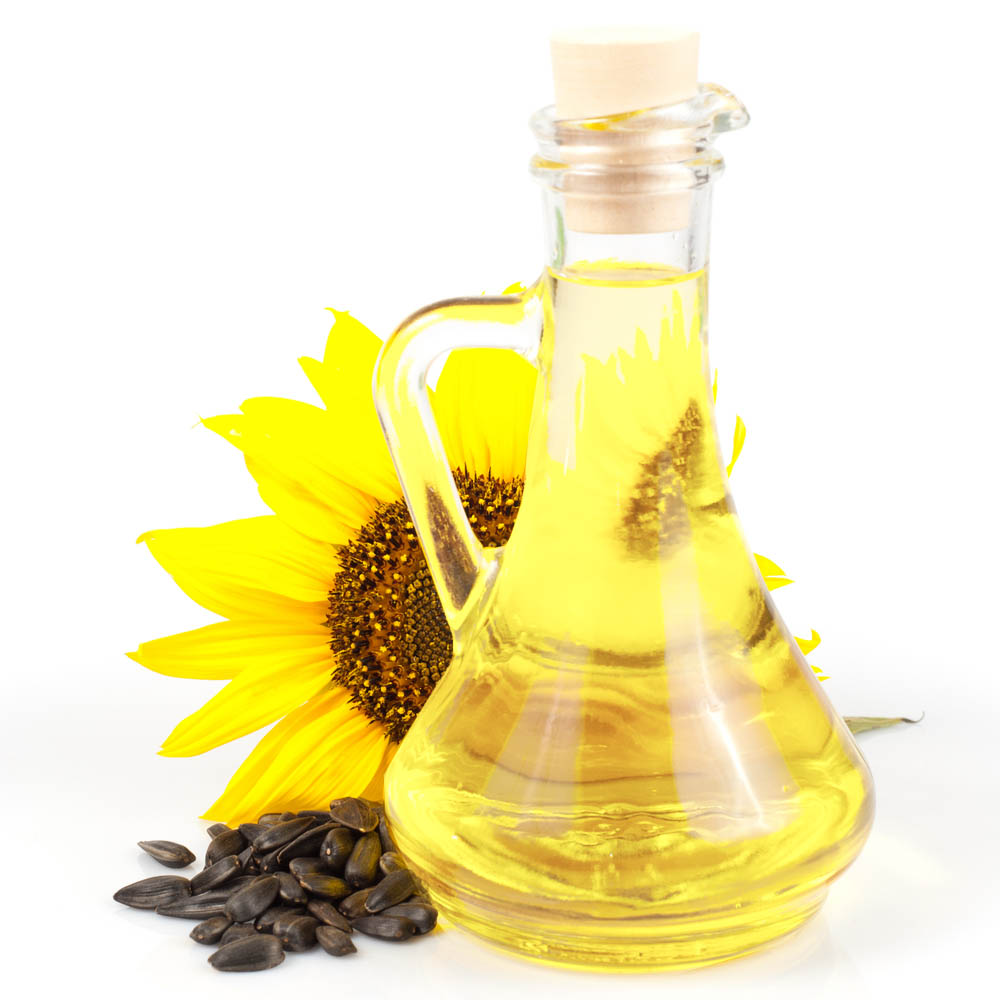 |
|
Sunflower, Regular |
A light, odorless and nearly flavorless oil pressed from sunflower seeds. Pale yellow and versatile. |
|
Vegetable Oil |
Made by blending several different refined oils. Designed to have a mild flavor and a high smoke point. |
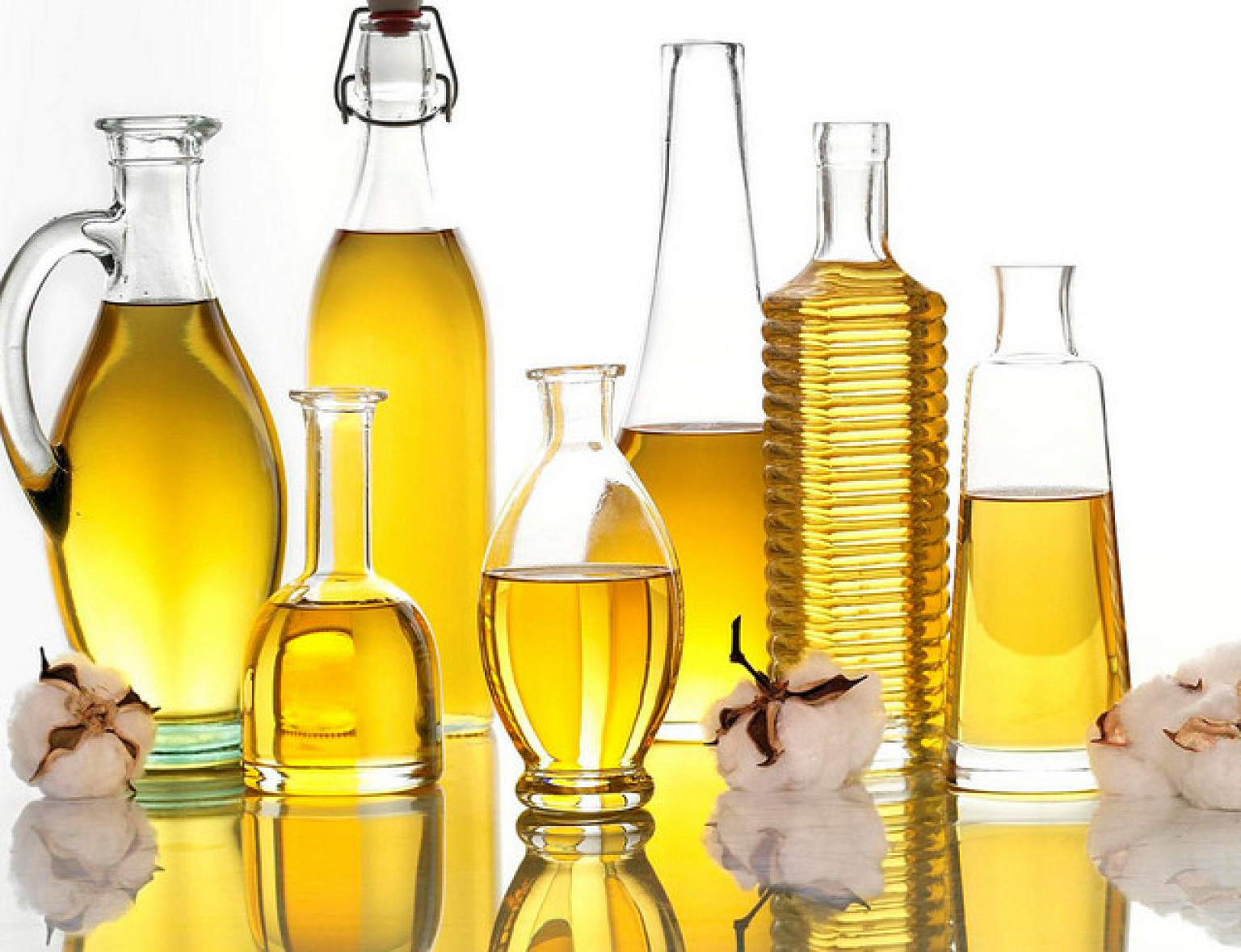 |